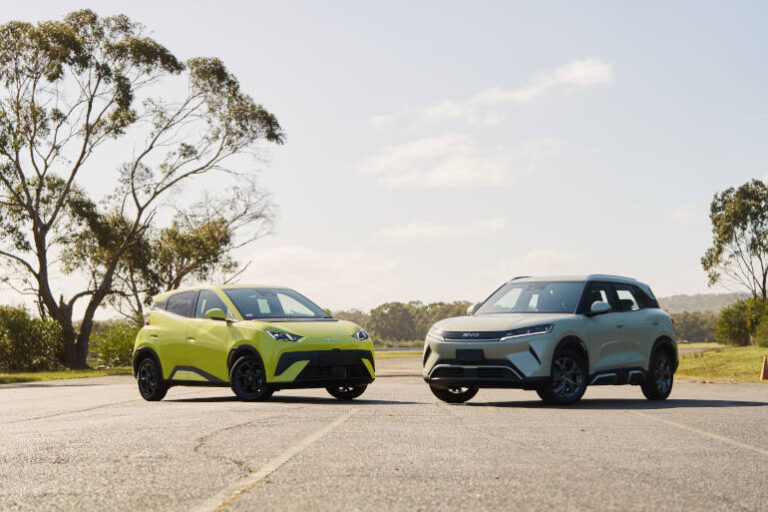In a significant breakthrough for Sri Lanka’s electric vehicle import sector, John Keells CG Auto (JKCG) the official agent for BYD announced that the Court of Appeal has directed the release of hundreds of detained electric vehicles following weeks of legal wrangling with Sri Lanka Customs over disputed motor power classifications.
In its latest statement, JKCG confirmed that it had filed two additional Writ Applications on 26 September and 2 October 2025, challenging the continued detention of 631 electric vehicles, including the popular BYD ATTO 1 and ATTO 2 models. The company said that on 11 November 2025, Customs agreed in court to release the vehicles under corporate and bank guarantees, marking a major relief for customers and importers caught in the standoff.

The dispute, which has dominated the electric vehicle market for months, centres on whether the detained vehicles exceed the 100 kW motor capacity threshold declared by importers. Customs officials allege that certain BYD models may actually contain 150 kW motors, which would make them subject to a higher excise duty approximately LKR 5.4 million per unit, compared with LKR 2.4 million for the 100 kW variant.
JKCG, while contesting Customs’ interpretation, said it had acted in good faith by offering Corporate Guarantees for one category of vehicles and Bank Guarantees for the rest, to cover any potential tax differentials pending the outcome of testing and verification. Though initially rejected, this arrangement was later accepted in court, allowing Customs to begin releasing the shipments.
In its statement, JKCG reiterated that “the globally accepted norm for vehicle clearance is for Customs to rely on the Manufacturer’s Certificate,” and that any technical verification, if required, “should be conducted in an internationally accredited motor laboratory to ensure accuracy, credibility, and consistency.”
The company also drew attention to Customs’ delays in conducting power-verification tests. JKCG said it had filed an affidavit offering to provide the necessary technical equipment and scanning machines to assist Customs in verifying motor capacity. In line with that, the company made available a Vehicle Diagnostics Service (VDS) a specialised tool that connects to the vehicle’s onboard diagnostics (OBD) system for motor and software verification on 6 November 2025. However, Customs did not proceed with testing that day and has since informed the Court it will determine next steps.
JKCG acknowledged that the prolonged detention had caused serious inconvenience to customers who had pre-ordered vehicles amid growing demand for EVs following the post-pandemic import liberalisation. The company thanked buyers for their patience, saying the release order “will now enable us to fulfil our obligations and deliver the vehicles without further delay.”
Industry analysts note that the case could set a precedent for how electric vehicles are classified, taxed, and verified in Sri Lanka, especially as BYD continues to dominate the market since the lifting of the import ban in 2023. The ruling also highlights the need for clearer technical standards and greater transparency in customs assessments, as the country seeks to promote electric mobility while safeguarding state revenue.
With the court-directed release now underway, attention will turn to whether Customs introduces new testing protocols or international verification partnerships to prevent similar disputes in the future a step that could help restore investor confidence and support Sri Lanka’s clean-transport transition.
